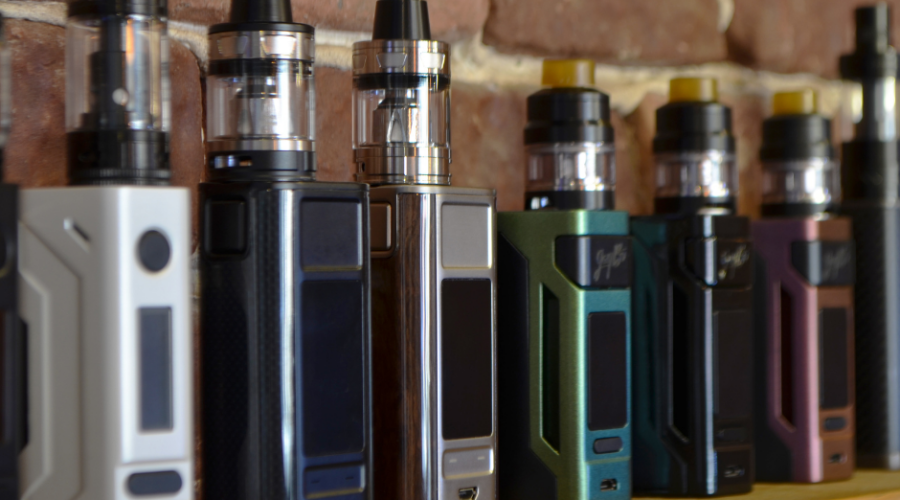Erorile strategiei anti-fumat a României. Motivele pentru care planurile Guvernului nu au „lipici” la populație
Expertul Emil Pânzaru a analizat pentru „Adevărul” strategia anti-fumat a României. Acesta crede că taxele suplimentare pe tutun și pe produsele alternative nu aduc nici bani în plus la buget și nici nu îi ajută pe români să renunțe la fumat.
Doctorul în economie Emil Pânzaru avertizează cu privire la politicile greșite ale statului român, care apelează exclusiv la taxe și impozite pentru a acoperi găurile din buget, în dauna altor segmente sociale și economice. Este și cazul fumătorilor, care, spune expertul, vor plăti prețuri mai mari din cauza accizelor suplimentare, iar acest lucru este dăunător și pentru strategia anti-fumat a țării, care la rândul ei generează efecte negative în domeniul sănătății, dar și în cel al combaterii infracționalității economice.
„Consumatorii români vor fi pedepsiţi fără sens pentru greşeala Guvernului. Problema este simplă, dar gravă. Statul român a cheltuit mult mai mult decât a încasat, estimările actuale plasând deficitul bugetar pentru 2023 în jurul cifrei enorme de 7,5% din PIB, mult peste pragul UE de 3%. Ca urmare, România ar putea pierde toate fondurile europene alocate prin PNRR, un dezastru pentru o ţară care are nevoie serioasă de investiţii”, avertizează Emil Pânzaru.
Taxele suplimentare nu garantează venituri mai mari
Disperat să-şi repare greşeala, Guvernul vrea să-i taxeze în plus pe „vaperi” şi pe cei care preferă alternative fumatului în general, arată Emil Pânzaru.
Însă faptul că statul va majora din nou aceste taxe nu înseamnă încasări suplimentare la buget. „Să fim clari – o măsură care descurajează consumatorii din a cumpăra nişte bunuri nu va aduce bani statului. Ministerul Finanţelor a estimat o creştere de 1,1 miliarde de lei la buget ca urmare a noilor impozite. Din contră, logica economică ne-ar spune că lucrurile s-ar întâmpla fix pe dos. Cu cât sunt mai mari taxele, cu atât oamenii vor cumpăra mai puţin sau vor evita taxele pe ascuns. Ar fi un scenariu prost pentru România, ţară în care evaziunea fiscală se ridică la 10% din PIB”, atrage atenția expertul.
Read the full text here









